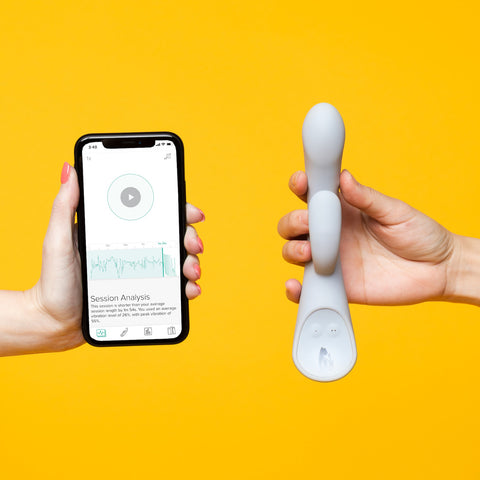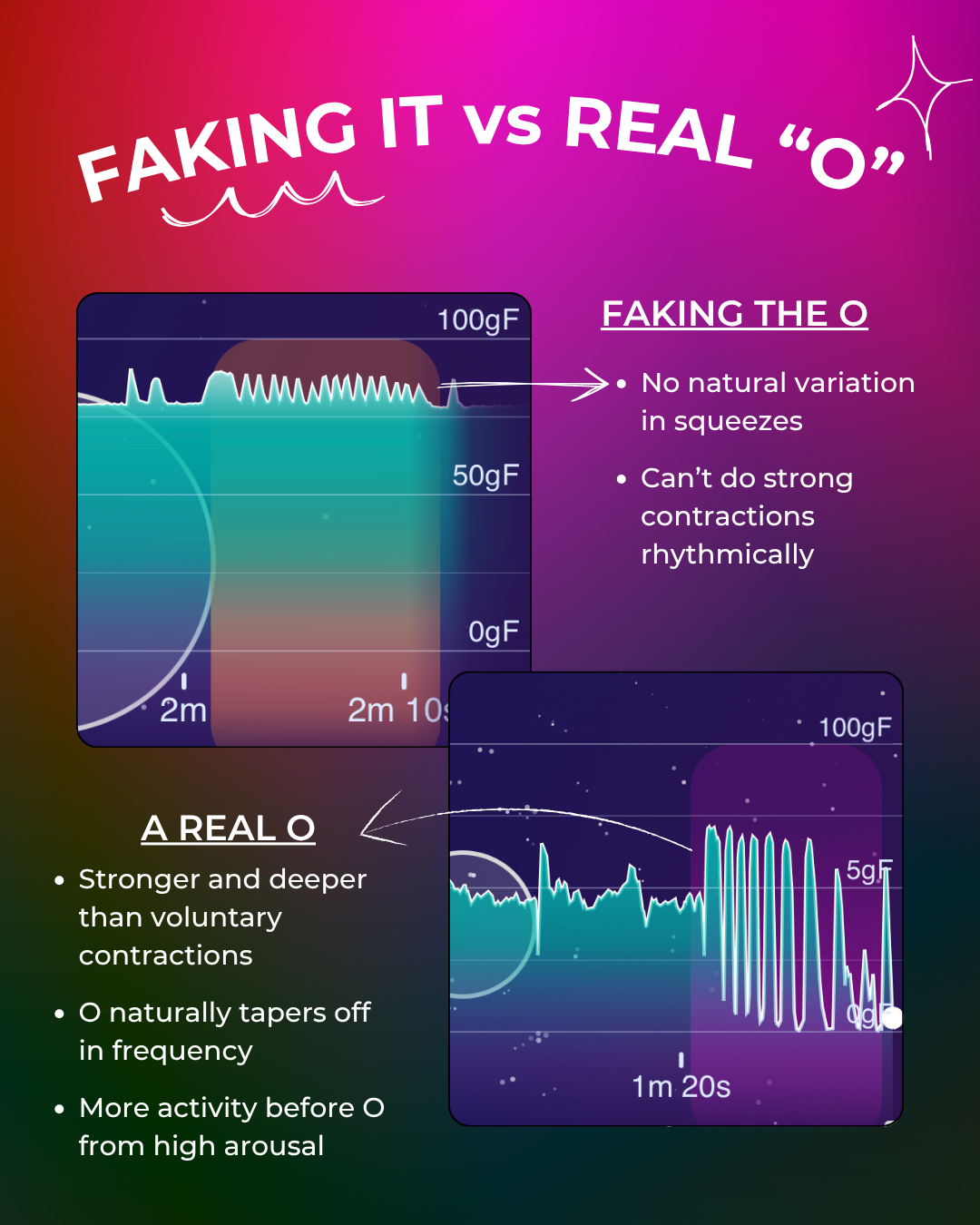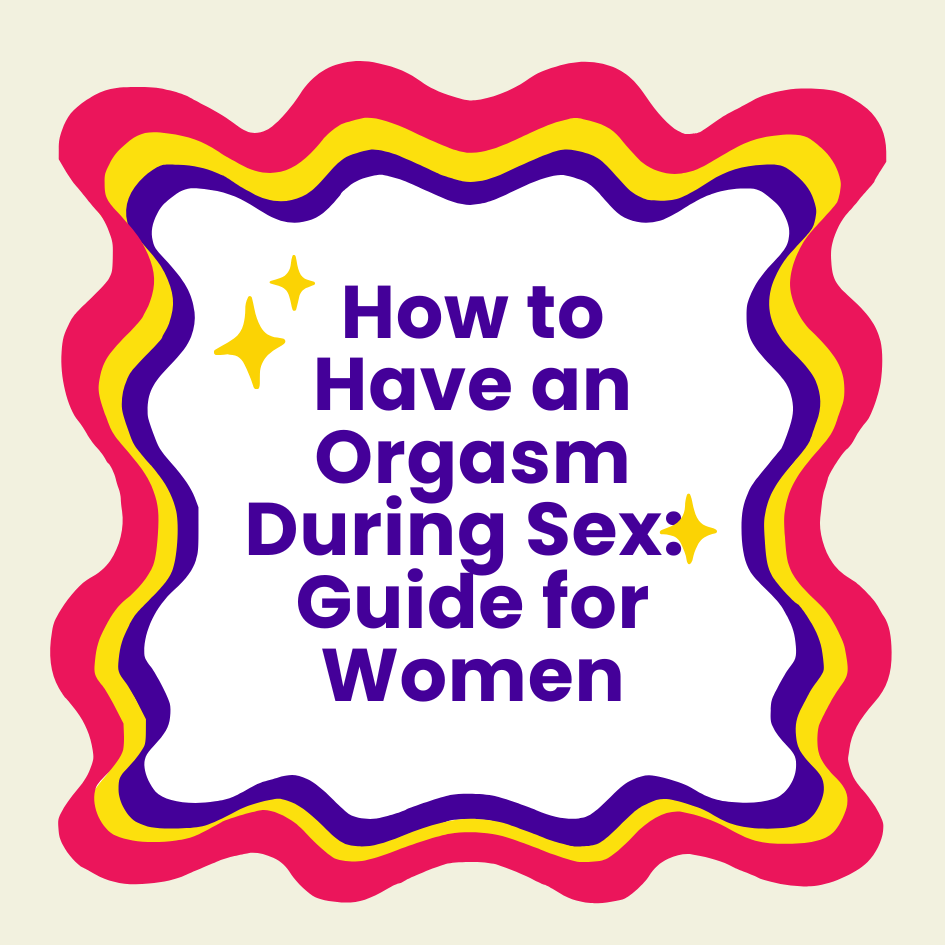CW: This article does not include graphic depictions sexual assault, but it does include details and mentions of trauma responses such as freezing and hypersexuality.

By Leo Aquino
I am a survivor of rape. After it happened, I felt like something precious had been stolen from me.
I isolated myself from my friends and loved ones. I struggled with low self-esteem and found myself trapped in an abusive relationship. Worst of all, I felt like I couldn’t trust my body anymore.
My body froze completely underneath my assailant, and I couldn’t forgive myself for staying quiet.
Being sexually assaulted changed my life, but I can’t let that define who I am. I learned that there’s no correct way to respond to something so horrible and that I should thank my body for surviving.
“Freezing” is a trauma response informed by millions of years of neurological wisdom, and that response saved me from experiencing even more violence.
Masturbating helped me rebuild a healthy relationship with my body. It helped me show gratitude to my body that survived these unspeakable experiences. This body that pushes me to keep pursuing my dreams every day. This body that uses their talent to spread light in the world.
This body that looks fine as hell, all day every day!
Reclaiming my body’s pleasure zones
After experiencing sexual abuse, my body struggled to figure out when I was actually enjoying sex, or when I was just tolerating it. In Psychology Today, author Staci Haines says, “Masturbation is the foundation of sexual self-education.”
Sex toys like the Lioness Vibrator—which gives you data about your sessions—empowered me to learn about how my body experiences pleasure.
I learned that my sexual preferences can change depending on where I am in my menstrual cycle. I learned to ask for positions I liked—ones that didn’t take me back to my sexual trauma. Positions like doggy style can be triggering at times, especially when I can’t make eye contact with my partner.
Over time, with both self-play and partner play with toys, I learned how to build trust again.
Learning how to give an enthusiastic yes
Some survivors engage in hypersexuality after being sexually assaulted, which is totally fine — no shade, no tea. But for me, personally, my hypersexuality revolved around getting outside sources of pleasure because I didn’t know what I liked anymore.
I used to be so confident in my sexuality before it happened, but afterward, I couldn’t help but feel like I was constantly performing to make someone else happy.
I took a break from the Tinder-swipe carousel to learn more about my body. Armed with this new knowledge, I was able to reenter the dating scene with the relentless desire to fight for my pleasure.
I developed healthy new habits around consent. I discussed my expectations and boundaries with partners beforehand. I paused to think about a new partner’s suggestions until I got comfortable performing certain sexual favors for them. I became vocal about my triggers and I asked for help if I was triggered.

Photo by Cleyton Ewerton from Pexels
Raising standards for new sexual experiences
Once I learned how to give myself mind-blowing orgasms, I just couldn’t fuck with any more losers. Beyond the physical realms of pleasure, I learned how to share my body with people I can trust.
I developed a new skill of sniffing out who would be respectful of my boundaries. It became easier and easier to just leavewhen I saw those red flags.
I’d say to a partner, “I don’t like being choked. I don’t like having a ton of weight on my chest. Just letting you know.” Sometimes, the response is, “Oh no… what happened?” which means that they are not actually interested in respecting these clearly defined boundaries. They’re interested in “saving you” from your past experiences. Bye, boo! I can make my own orgasms, I don’t need you! I save myself by taking care of my own needs.
My body, my choice
There’s a common misconception that sexual assault survivors can only experience sexual pleasure with intimate romantic partners.
While I’m all for making love, I’m here to say that survivors can have healthy casual sex with agency. I can do what I want with my body, regardless of what Debbie Downers out there have to say.
Masturbating helped me remember that my body is mine, and it always has been.
I exist for my ownpleasure, and not anyone else’s. I give others pleasure on my own terms. My body is a gift, and I expect anyone that I share it with to treat my body like they’ve just found gold.
It’s okay to ask for help
The most important lesson I learned while recovering from sexual assault is that I’m not alone.
Masturbation is an amazing tool for sexual healing, but I also sought other forms of support to rebuild a healthy relationship with myself. Sexual wellness is a small but integral part of overall wellness, and we must tend to all parts of the wound.
Try tools like meditation, therapy, journaling, exercise, Eye Movement Desensitization and Reprocessing (EDMR), and more.
Here are some resources for survivors of sexual assault:
- Call the National Sexual Assault Telephone Hotline at 1-800-656-4673. The hotline is open 24 hours a day.
- Check out RAINN’s list of resources for sexual assault survivors and their loved ones. This list includes specific resources for people of all races, sexual orientations and gender identities.
- Morongo Basin Sexual Assault Services: a California service that provides an outreach hotline and free peer counseling.
===
See what masturbation can do for you with your own Lioness Vibrator!

The Lioness Smart Vibrator

Top Stories
Is there a difference between male and female orgasms?
How to use Lioness Smart Vibrator as a couples sex toy
Live view: See your orgasm in real time with Lioness
Related Stories
How the pandemic allowed me to celebrate my gender fluidity
8 Ways to celebrate consent in your everyday life
How attachment styles affect your sex life and relationships




